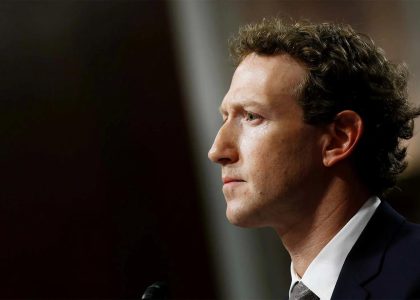



Amidst shifting digital landscapes, Meta finds itself at a crossroads with Facebook. Once the giant of social media, the platform grapples with user decline and identity crisis, leaving executives pondering its future while considering fresh, innovative strategies.

Temu is drastically reducing its advertising expenditures on Google and Meta as it grapples with rising tariffs. This strategic pivot reflects a growing need for efficiency in an increasingly competitive digital marketplace.

In a recent statement, Meta highlighted Apple’s Messages app as evidence that competition thrives in the messaging landscape. By pointing to the diversity of platforms, Meta argues that its standing isn’t monopolistic, but rather a reflection of a vibrant digital ecosystem.

In a recent statement, Mark Zuckerberg revealed that his acquisitions of Instagram and WhatsApp were driven by the challenges of app development. “Building apps is hard,” he remarked, underscoring a strategic shift towards expanding his tech empire through acquisition rather than creation.

Mark Zuckerberg took the stand in the high-profile Meta antitrust trial, defending the tech giant’s practices against allegations of stifling competition. As the courtroom drama unfolds, the future of digital monopolies hangs in the balance.

Meta plans to enhance its AI models by integrating insights from public posts and user interactions across the EU. This initiative aims to refine algorithms while navigating the complex landscape of data privacy regulations, balancing innovation with user trust.

In a pivotal courtroom scene, Mark Zuckerberg stood resolute as he defended Meta against accusations of social media monopoly. Emphasizing innovation and user choice, he argued that competition thrives in the digital landscape, challenging the narrative of dominance.

In a high-stakes courtroom showdown, Meta and the FTC are set to clash over allegations of monopolistic practices. As both sides prepare their arguments, the outcome could reshape the tech landscape and redefine competition in the digital age.